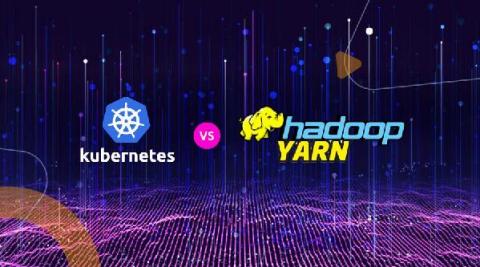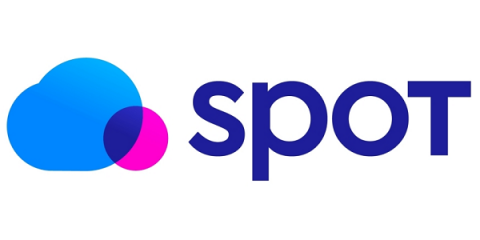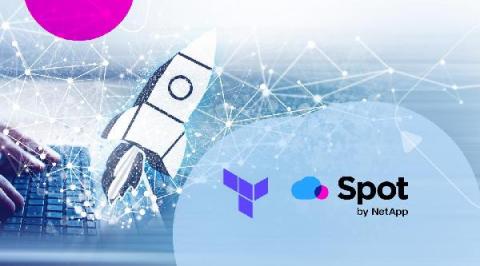Enhanced Kubernetes right-sizing features for fine-tuned application efficiency
Spot by NetApp’s Ocean continuously optimizes Kubernetes clusters with a wide feature set tackling different aspects of running and managing Kubernetes containers in a cloud environment. To help users improve the efficiency and performance of their cloud environments, Ocean’s rightsizing capabilities provide recommendations that target over-provisioning and underutilization.











